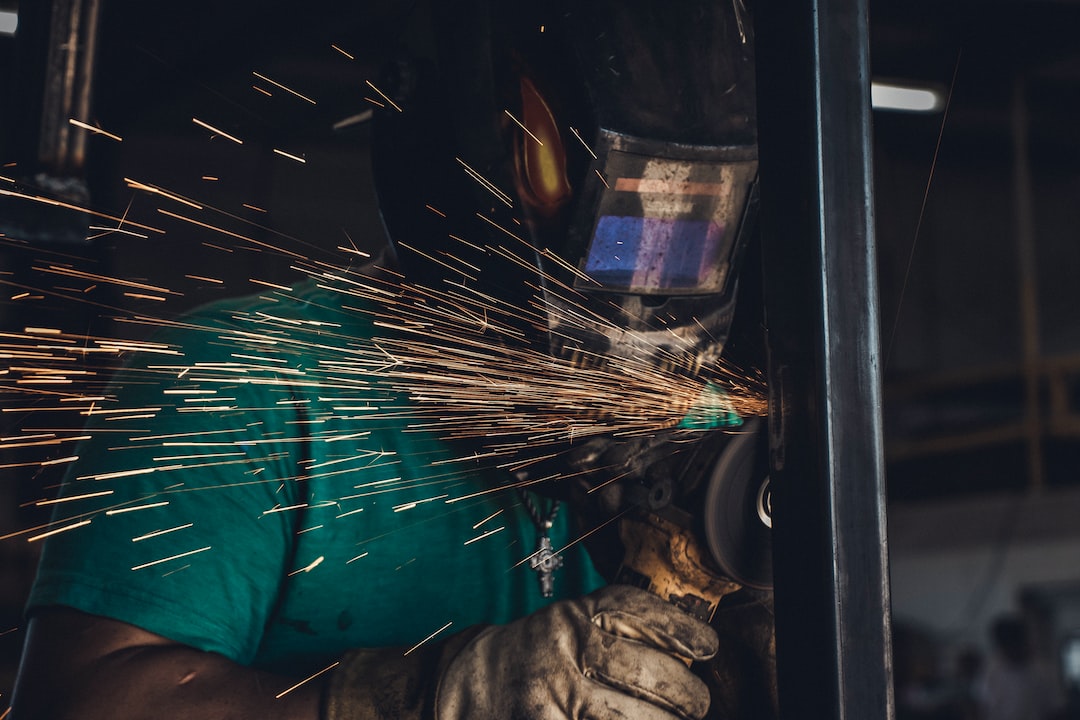Industrial IoT: The Power of Connectivity in Manufacturing
In the rapidly evolving landscape of manufacturing, the Internet of Things (IoT) has emerged as a game-changer. By combining the power of connectivity with industrial processes, the Industrial IoT (IIoT) is revolutionizing the way factories and plants operate. This blog post will explore the various aspects of IIoT and highlight the benefits it brings to the manufacturing industry.
The growing trend of automation in manufacturing has paved the way for IIoT. Connected devices and sensors embedded in machines and equipment collect vast amounts of data, which can then be analyzed to derive valuable insights. This real-time information enables manufacturers to make data-driven decisions, optimize operations, and improve efficiency.
One of the significant advantages of IIoT is predictive maintenance. Traditional maintenance practices are often reactive, leading to unexpected breakdowns and costly downtime. With IIoT, manufacturers can monitor the condition of their equipment in real-time. Sudden changes in temperature, vibration, or other parameters can be detected, allowing for timely repairs or replacements. This proactive approach minimizes downtime, reduces maintenance costs, and prolongs the lifespan of assets.
IIoT also enhances overall operational efficiency and productivity. Connected machines can communicate with each other, enabling seamless integration and coordination on the factory floor. For example, a manufacturing line can automatically adjust its speed based on the availability of raw materials or the completion of a previous process. This dynamic optimization reduces bottlenecks, decreases cycle times, and improves overall throughput.
Furthermore, IIoT enables manufacturers to gain better visibility and control over their supply chains. By tracking the movement of raw materials, components, and finished goods in real-time, companies can identify potential bottlenecks, optimize logistics, and improve delivery times. This end-to-end visibility reduces the risk of delays, enhances customer satisfaction, and enables manufacturers to react quickly to market demands.
Quality control is another area where IIoT can make a significant impact. Connected sensors can continuously monitor various parameters during the production process, such as temperature, pressure, and humidity. Any deviations from set parameters can be immediately flagged, allowing for prompt corrective actions. This proactive approach reduces the risk of defective products, improves product quality, and minimizes waste.
Security is an essential consideration when it comes to IIoT. With the increased connectivity of industrial systems, the risk of cyber-attacks and data breaches becomes more significant. Therefore, robust security measures must be implemented to protect sensitive data and critical infrastructure. Manufacturers need to invest in secure networks, encryption protocols, and regular software updates to minimize vulnerabilities.
Despite the numerous benefits of IIoT, its adoption in the manufacturing industry is still in its early stages. The complexity of implementation, interoperability issues, and concerns regarding data privacy and security hinder its widespread adoption. However, as technology advances and awareness increases, more manufacturers are likely to embrace IIoT as a means to stay competitive in the market.
In conclusion, the Industrial IoT is transforming the manufacturing industry by leveraging the power of connectivity. The ability to collect and analyze real-time data has far-reaching benefits, from predictive maintenance to improved efficiency and quality control. IIoT empowers manufacturers by providing better visibility, optimizing supply chains, and enhancing overall productivity. However, ensuring data security and overcoming implementation challenges are critical for reaping the full potential of IIoT. As the manufacturing landscape continues to evolve, embracing IIoT is increasingly becoming a necessary strategy for manufacturers to thrive in a connected world.
